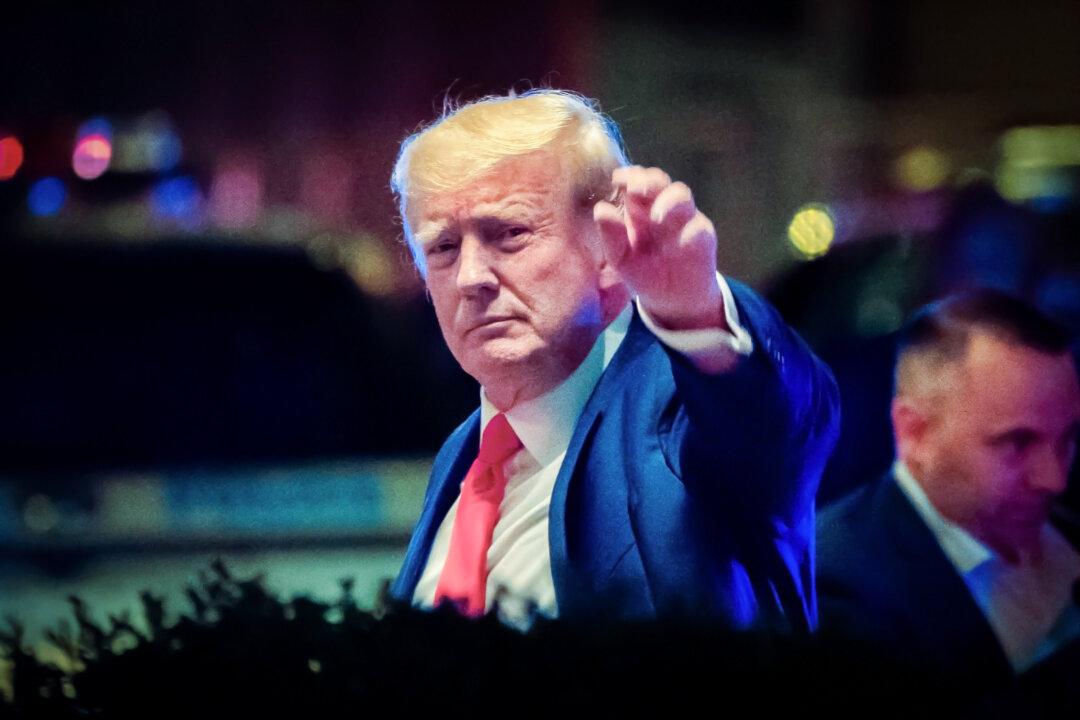A law professor warned that more states and courts may move to block former President Donald Trump from appearing on state ballots for the 2024 election unless the U.S. Supreme Court acts.
Thursday’s ruling from Maine Secretary of State Shenna Bellows, a Democrat, to block the former president from appearing on the state’s ballot demonstrates the need for the nation’s highest court to clarify what states can do.





